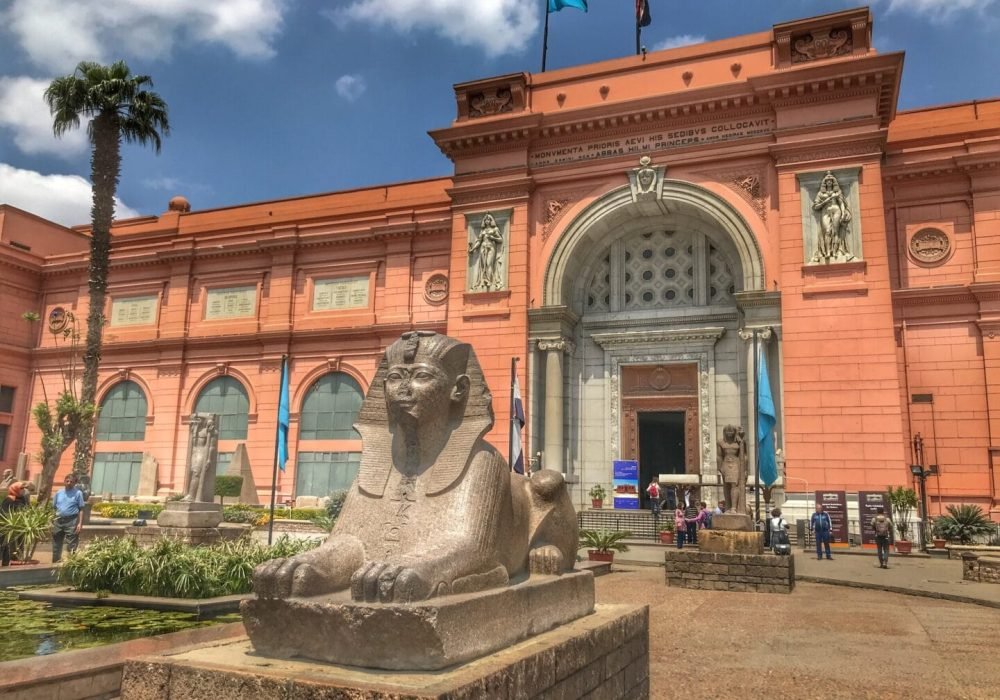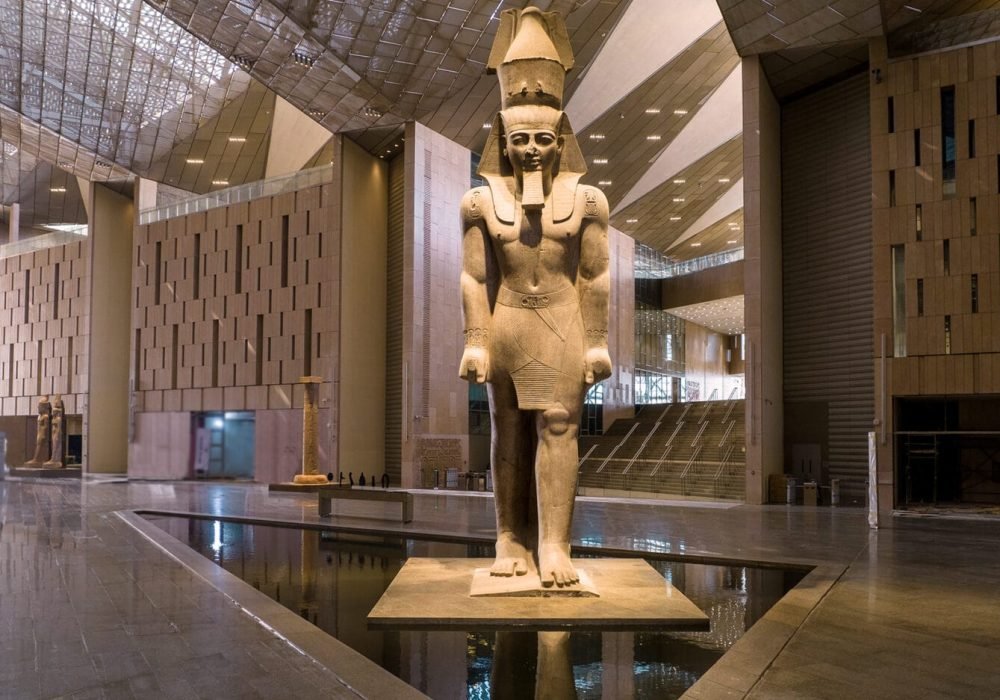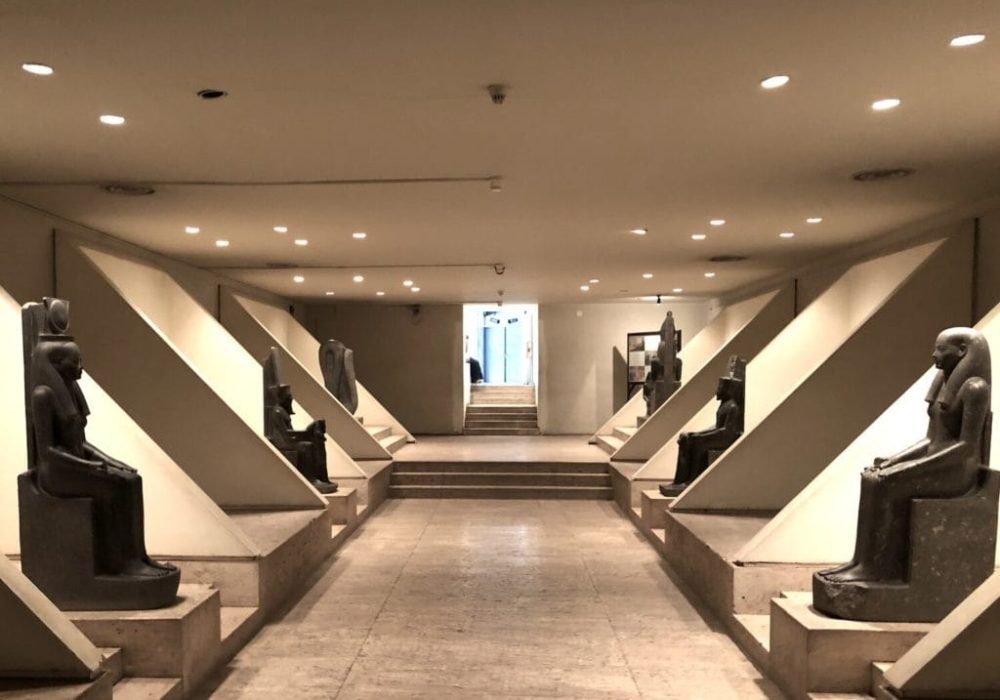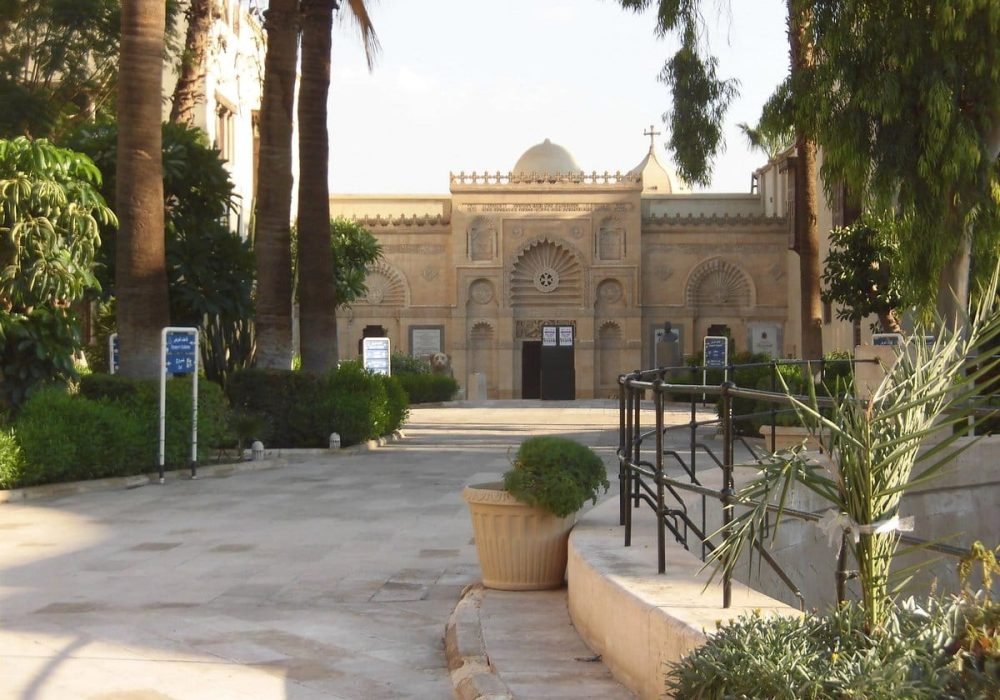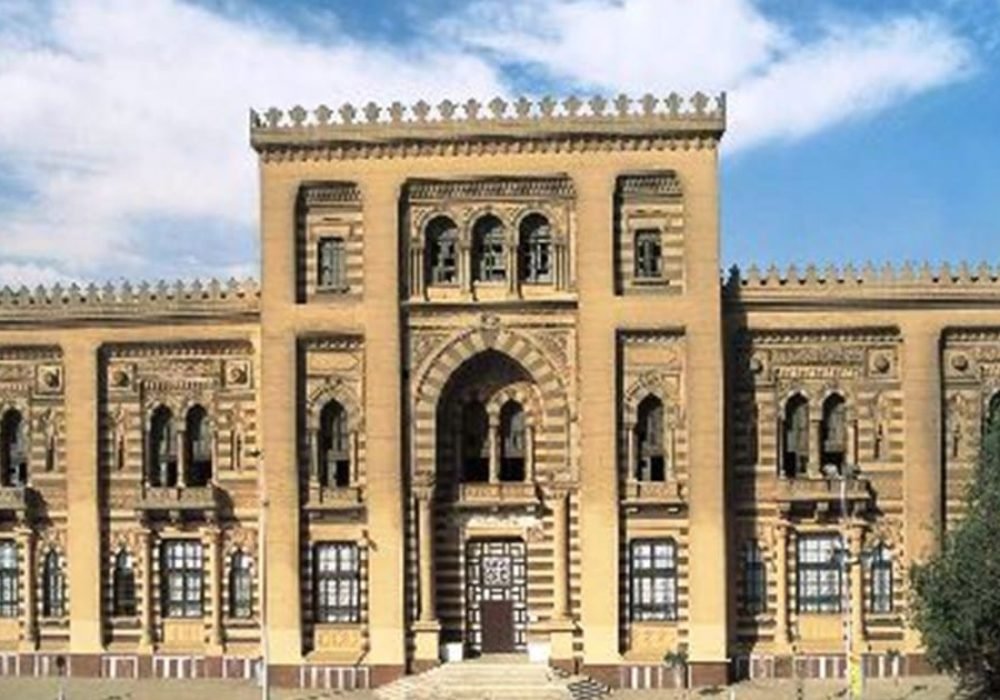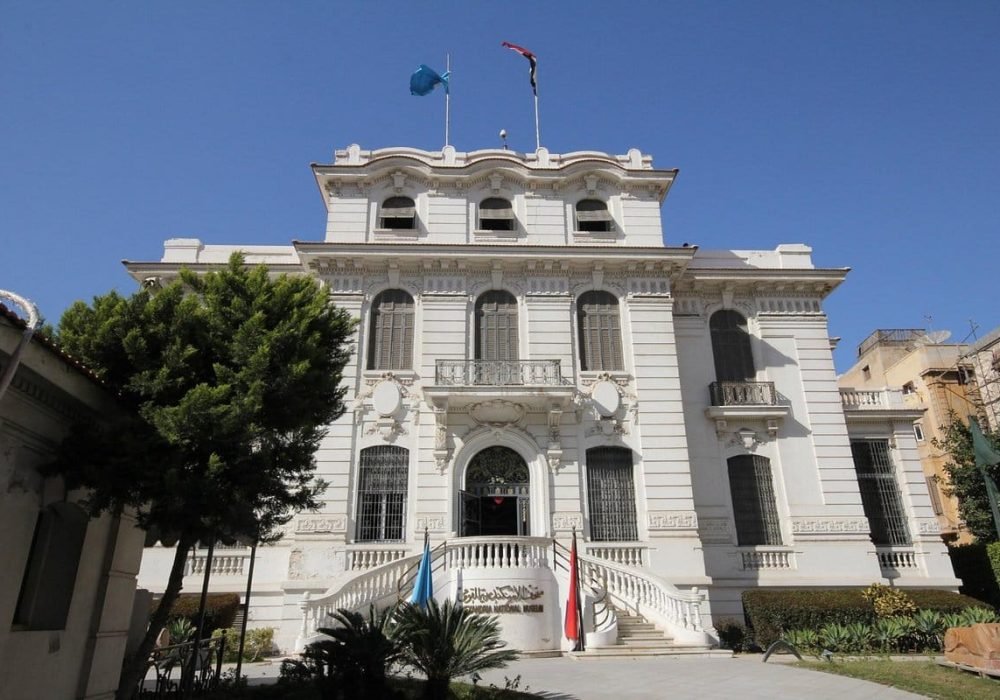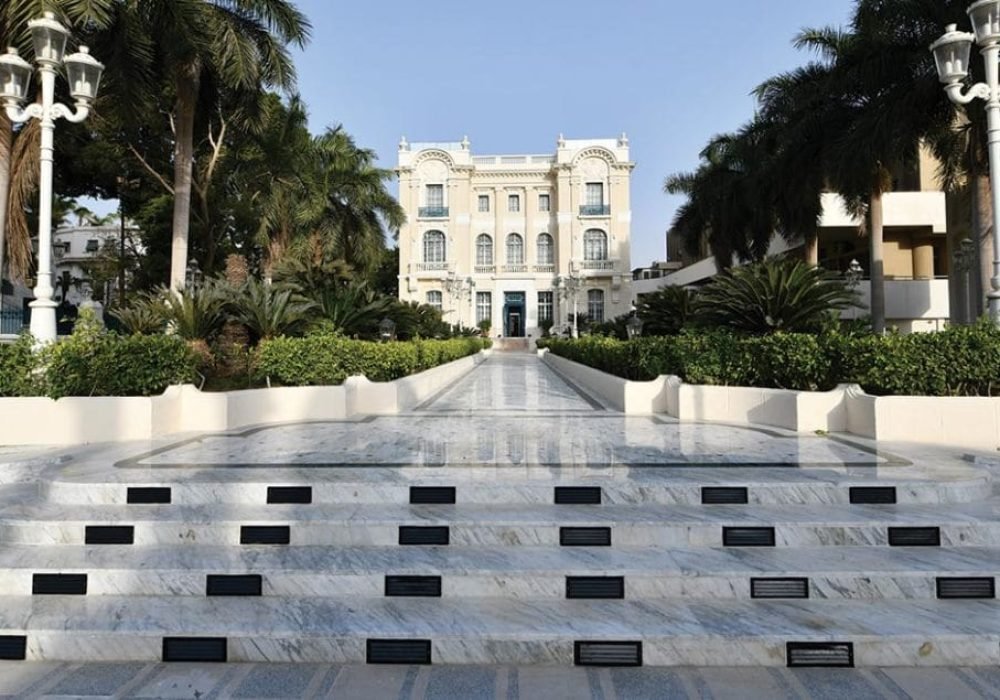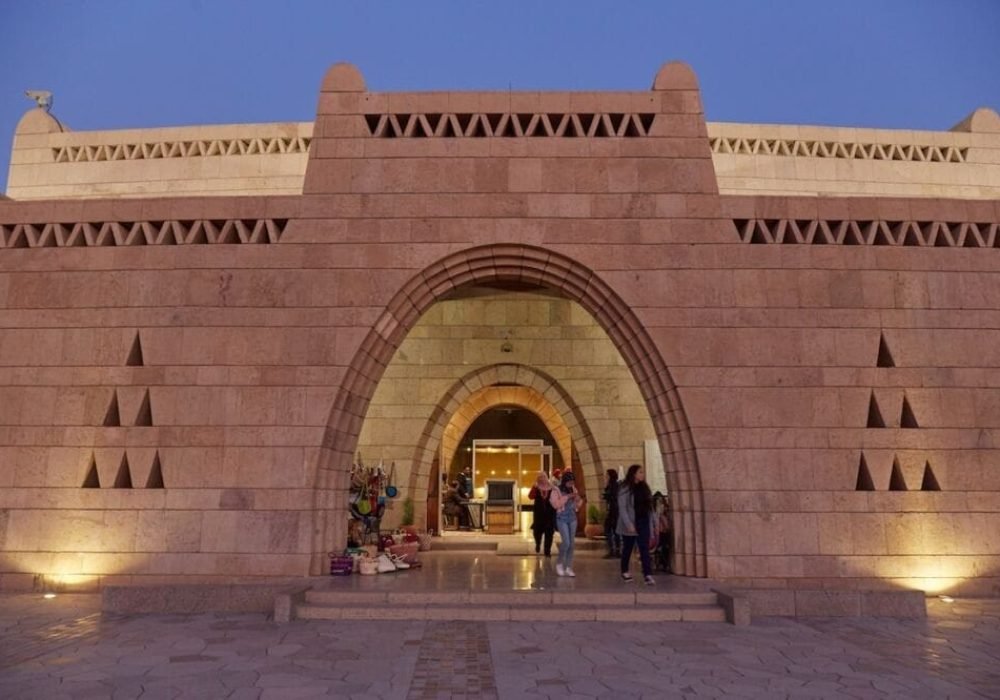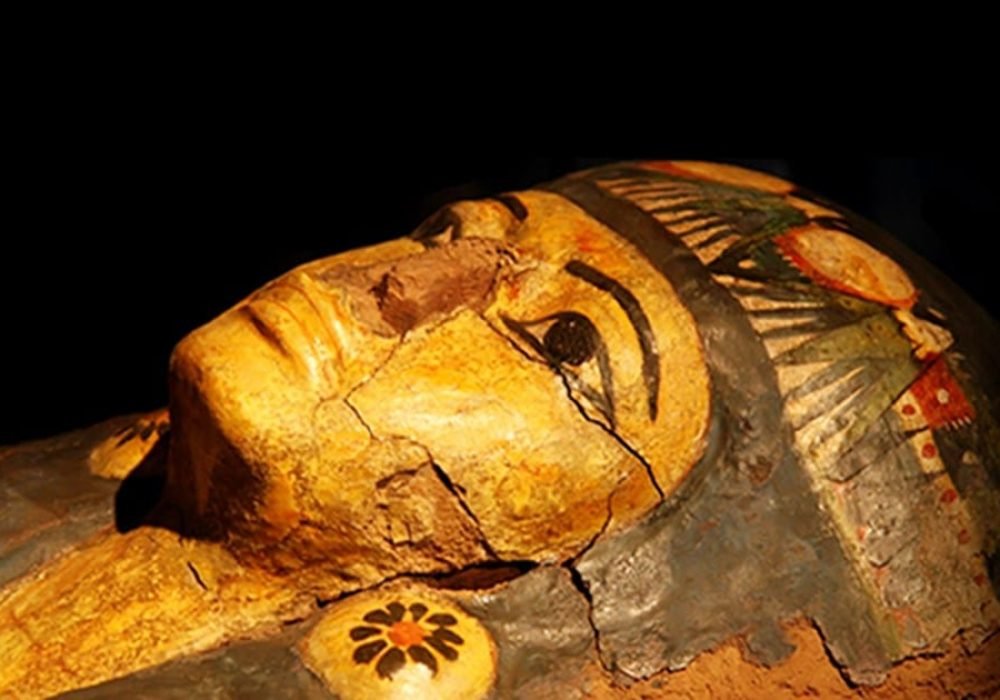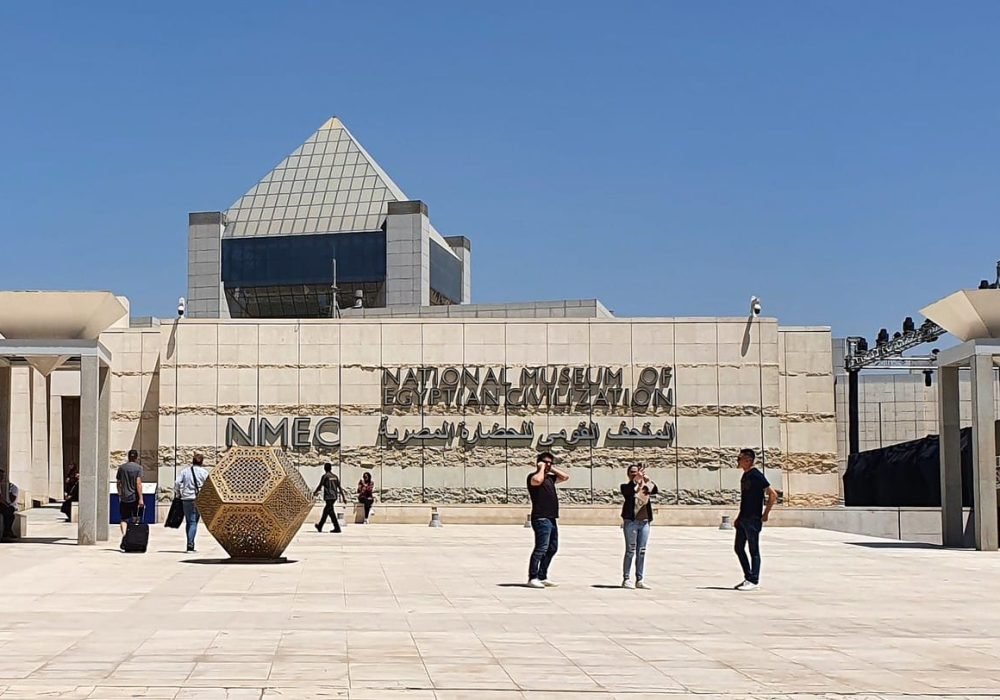- Egypt Tour Magic
- Egypt Tour Packages
- Excursions in Egypt
- Cairo Tours and Excursions
- Hurghada Tours and Excursions
- Soma Bay Tours and Excursions
- Makadi Bay Tours and Excursions
- Sahl Hasheesh Tours and Excursions
- El Gouna Tours and Excursions
- Marsa Alam Tours and Excursions
- Port Ghalib Tours and Excursions
- El Quseir Tours and Excursions
- Dendera and Abydos Day Tours
- Aswan Tours and Excursions
- Luxor Tours and Excursions
- Alexandria Tours and Excursions
- Sharm El Sheikh Tours and Excursions
- Top Rated Tours in 2025
- Optional Excursions in Egypt
- Private Transfer
- Blogs About egypt
- Ancient Egypt
- What You Need To know Before Your First Trip To Egypt
- Best Places to Visit in Egypt 2025
- Top Attractions in Red Sea Resorts 2025
- Top 10 Tourist Activities in Egypt
- Top 30 Activities You Can’t Miss in Egypt
- The Guide to Guided Tours in Egypt
- Egypt’s Ancient and Modern History
- The Nile River
- The Deserts of Egypt
- Historical Sites in Egypt
- Cairo
- Alexandria
- Luxor
- Aswan
- The Red Sea
- Dendera Temple
- El Fayoum Oasis
- Bahariya Oasis
- Siwa Oasis
- Al Alamein
- Marsa Matruh
- Ancient Egyptian gods
- famous Egyptian dishes
- UNESCO World Heritage sites
- About Us
- Why Egypt Tour Magic
- Egypt Tour Magic
- Egypt Tour Packages
- Excursions in Egypt
- Cairo Tours and Excursions
- Hurghada Tours and Excursions
- Soma Bay Tours and Excursions
- Makadi Bay Tours and Excursions
- Sahl Hasheesh Tours and Excursions
- El Gouna Tours and Excursions
- Marsa Alam Tours and Excursions
- Port Ghalib Tours and Excursions
- El Quseir Tours and Excursions
- Dendera and Abydos Day Tours
- Aswan Tours and Excursions
- Luxor Tours and Excursions
- Alexandria Tours and Excursions
- Sharm El Sheikh Tours and Excursions
- Top Rated Tours in 2025
- Optional Excursions in Egypt
- Private Transfer
- Blogs About egypt
- Ancient Egypt
- What You Need To know Before Your First Trip To Egypt
- Best Places to Visit in Egypt 2025
- Top Attractions in Red Sea Resorts 2025
- Top 10 Tourist Activities in Egypt
- Top 30 Activities You Can’t Miss in Egypt
- The Guide to Guided Tours in Egypt
- Egypt’s Ancient and Modern History
- The Nile River
- The Deserts of Egypt
- Historical Sites in Egypt
- Cairo
- Alexandria
- Luxor
- Aswan
- The Red Sea
- Dendera Temple
- El Fayoum Oasis
- Bahariya Oasis
- Siwa Oasis
- Al Alamein
- Marsa Matruh
- Ancient Egyptian gods
- famous Egyptian dishes
- UNESCO World Heritage sites
- About Us
- Why Egypt Tour Magic
Explore Egypt’s Museums
Egypt is not only a land of monumental ancient sites but also home to some of the most impressive museums in the world. These museums house priceless artifacts that tell the story of Egypt’s fascinating history, from the time of the Pharaohs to the modern era. Whether you’re interested in ancient Egyptian mummies, Islamic art, or Coptic heritage, Egypt’s museums offer a deep dive into the cultural evolution of one of the world’s oldest civilizations. Visiting these museums allows you to appreciate the artistic achievements, religious practices, and daily life of the Egyptians through the centuries. From the iconic Egyptian Museum in Cairo to lesser-known gems like the Nubian Museum in Aswan, each museum offers a unique perspective on the country’s rich heritage.
1. The Egyptian Museum in Cairo
The Egyptian Museum in Cairo, located in Tahrir Square, is one of the most iconic museums in the world. It houses over 120,000 ancient Egyptian artifacts, including the treasures of Tutankhamun, mummies, sarcophagi, and a vast collection of statues and relics from the Pharaonic period. Visitors can admire the golden mask of Tutankhamun, the Rosetta Stone replica, and countless other priceless antiquities. This museum is essential for anyone interested in ancient Egypt, making it a must-see destination for tourists looking to explore the fascinating world of Pharaohs, royal tombs, and Egyptian history.
2. The Grand Egyptian Museum (GEM)
The Grand Egyptian Museum (GEM), located near the Pyramids of Giza, is set to be one of the largest and most comprehensive archaeological museums in the world. The GEM is home to more than 100,000 artifacts, including the complete collection from King Tutankhamun’s tomb. Visitors will also see monumental statues of Egyptian gods, royal sculptures, and intricate mummy cases. The museum offers an immersive and modern experience, combining cutting-edge technology with ancient Egyptian heritage. For those interested in ancient Egyptian civilization, artifacts, and a glimpse into the life of the Pharaohs, the GEM is an unmissable experience.
3. Luxor Museum
The Luxor Museum is a small but remarkable museum located along the Nile River in the historic city of Luxor, home to some of the most famous Egyptian temples and tombs. The museum showcases artifacts from the Theban Necropolis, including statues of Hatshepsut, Tutankhamun, and Amun. With its collection of ancient pottery, mummies, and funerary art, the museum provides fascinating insights into the lives of the ancient Egyptians who lived along the Nile. Luxor is often referred to as the world’s largest open-air museum, and this museum complements that experience by offering a closer look at Egypt’s ancient pharaohs and the lives of those who served them.
4. The Coptic Museum
The Coptic Museum in Coptic Cairo is the perfect place for those interested in the Christian history of Egypt. It displays an extensive collection of Coptic art, manuscripts, textiles, and religious artifacts. The museum tells the story of Egypt’s early Christian community, offering insights into Coptic religious traditions, the development of early Christianity, and the transition from paganism to Christianity in Egypt. The museum’s architecture itself is a beautiful example of Coptic-style building and features ancient wooden icons, paintings, and historical relics. For those interested in exploring Egypt’s Christian heritage, this museum offers an essential look into Coptic civilization.
5. The Museum of Islamic Art
The Museum of Islamic Art in Cairo is a treasure trove of Islamic artifacts, with over 100,000 pieces showcasing the Islamic golden age. From stunning calligraphy and manuscripts to intricate ceramics, metalwork, and textiles, this museum provides a thorough look at the artistic achievements during Egypt’s Islamic era. Highlights include exquisite Arabesque designs, mosaics, ancient Quran manuscripts, and Ottoman-era furniture. Whether you’re interested in Islamic architecture, Ottoman art, or the evolution of Islamic culture, this museum offers a rich understanding of Egypt’s Islamic history and artistic legacy.
6. The Alexandria National Museum
Located in Alexandria, Egypt’s second-largest city, the Alexandria National Museum presents an exceptional collection of artifacts spanning the city’s long and diverse history. From ancient Egyptian to Greco-Roman and Islamic periods, the museum showcases the cultural fusion that Alexandria represents. Visitors can explore Roman statues, Greek pottery, and ancient Egyptian mummies alongside Islamic-era artifacts, reflecting the city’s rich historical blend. The museum also features items from Alexandria’s ancient lighthouse and bibliotheca, providing a comprehensive look at this Mediterranean port city’s evolution over millennia.
7. The Mahmoud Khalil Museum
The Mahmoud Khalil Museum in Cairo is a hidden gem for art lovers. This museum features an extensive collection of European and Egyptian art, including works by renowned artists like Monet, Van Gogh, Renoir, and Cezanne. The museum’s Egyptian art collection includes sculptures, paintings, and artifacts from ancient Egypt, as well as 19th-century art and furniture. For travelers seeking an intersection of European art and Egyptian heritage, this museum offers a unique combination of cultures and time periods, making it a must-visit for art enthusiasts.
8. The Nubian Museum
The Nubian Museum in Aswan is dedicated to the ancient Nubian culture and its rich history, offering a fascinating glimpse into the life of the Nubian people. It houses artifacts dating back to the Nubian Kingdoms, as well as ancient Egyptian influences. With its collection of Nubian statues, pottery, jewelry, and tools, visitors can explore the unique traditions of the Nubian people, including their architecture, language, and art. The museum is also a great starting point for exploring Nubian culture in the region and understanding the impact of the Nubians on Egypt’s history.
9. The Mummification Museum
Luxor’s Mummification Museum is a fascinating stop for anyone interested in the ancient art of mummification. The museum offers an in-depth look at the process of mummification, with artifacts such as embalming tools, mummies, and funerary masks on display. Visitors can learn about the spiritual significance of mummification in ancient Egyptian culture and how the preservation of the body was believed to ensure immortality. For anyone interested in the rituals of the afterlife and the science behind mummification, this museum is a must-visit.
10. The National Museum of Egyptian Civilization (NMEC)
Located in Fustat, Cairo, the National Museum of Egyptian Civilization (NMEC) is a modern museum dedicated to showcasing the entire history of Egypt, from prehistoric times to the present. The museum features a remarkable collection of artifacts, including mummies, statues, pottery, and tools from every period in Egypt’s history. The mummy hall is a standout attraction, displaying the mummies of several famous pharaohs, including Ramses II. Visitors will also gain a deeper understanding of Egypt’s evolution from ancient dynasties to modern-day society, making it an ideal destination for history enthusiasts.


